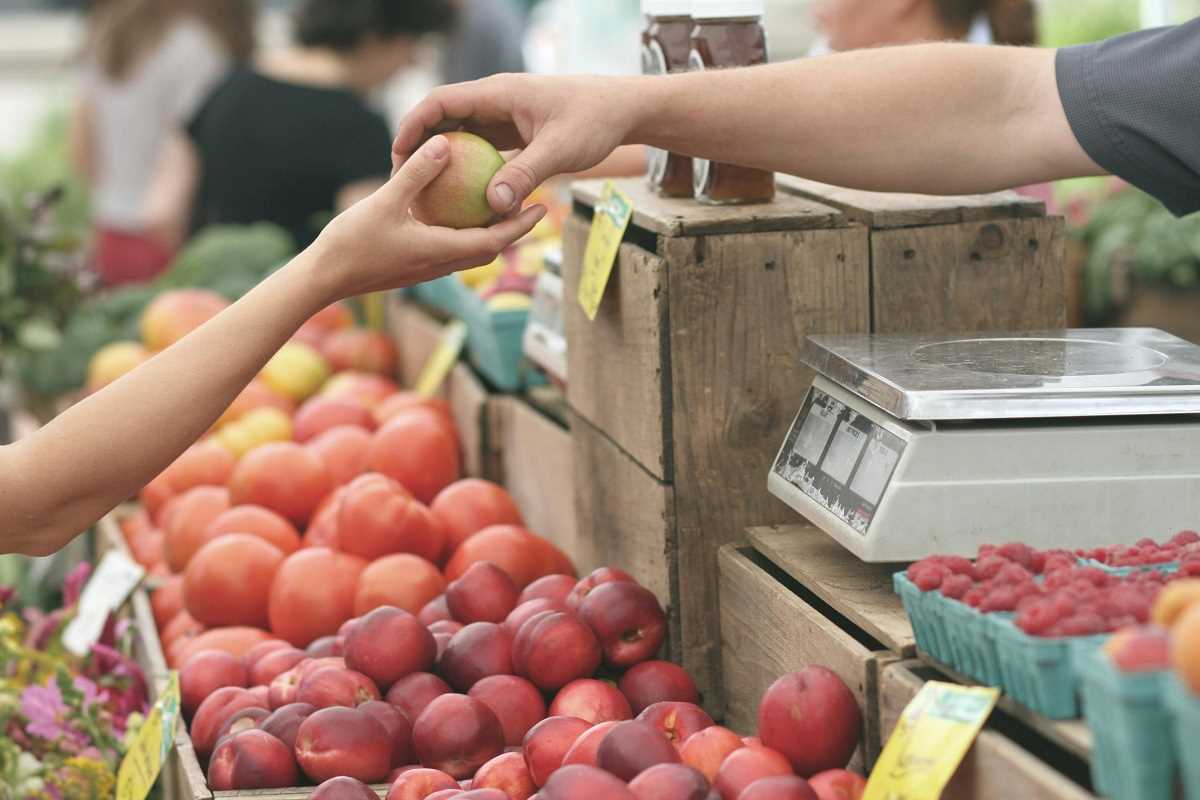Every Saturday morning in a bustling town square or a quiet park, something magical happens. Stalls go up, bright banners snap in the wind, and the air fills with the scent of fresh bread, ripe produce, and maybe a hint of grilled sausages. Farmers’ markets are more than just a place to shop; they’re a celebration of community, connection, and sustainability. When you choose to support a local farmers’ market, you’re doing much more than buying groceries. You’re contributing to a thriving local economy, promoting healthier lifestyles, and helping to build a stronger, more resilient community.
A Boost for Local Economies
Every dollar spent at a farmers’ market does more than just pay for a basket of peaches or a loaf of sourdough. It directly supports the hardworking farmers, bakers, and artisans in your area. Compared to spending money at a big-box grocery store or an online retailer, shopping locally ensures that more of your money stays in the community, circulating through other local businesses and services.
Think of it this way: when you buy tomatoes from a local farmer, that farmer earns money that may then be spent at a nearby cafe or used to pay a local repair shop to fix their equipment. It creates a ripple effect, fostering a network of mutual support that strengthens the local economy. The American Independent Business Alliance reports that local businesses recirculate more than twice as much money into the local economy compared to non-local chains.
Farmers’ markets also create opportunities for small businesses, many of which are run by individuals or families. For some vendors, the market is a stepping stone to opening their own bakery or café. By shopping there, you’re investing in these businesses’ futures. You might even be nurturing the next farm-to-table trendsetter!
Fresh, Healthy Food at Your Fingertips
If you’ve ever bitten into a strawberry so fresh it still tastes like the sunshine it grew under, you know the difference locally grown produce can make. Farmers’ markets bring farm-fresh food directly to your table, skipping the middlemen that can diminish both the flavor and nutritional value of grocery store produce. Fruits and veggies sold at farmers’ markets are often harvested just hours before being displayed, meaning they’re at their nutritional peak—not to mention ridiculously tasty.
Access to fresh food is crucial for combating health issues in communities, particularly in areas where grocery stores are scarce, also known as food deserts. Farmers’ markets can bridge this gap by offering affordable, healthy options to neighborhoods that might otherwise rely on fast food or processed meals. Some markets even accept food assistance programs like SNAP, making them an accessible option for low-income families.
Beyond just produce, you’ll often find locally made jams, pasture-raised eggs, wildflower honey, and more. These options empower families to make better nutritional choices, and over time, healthier individuals mean healthier communities.
Promoting Sustainability
When it comes to building stronger communities, sustainability is key. Farmers’ markets are champions of environmentally friendly practices, promoting farming methods that preserve land and minimize harm to ecosystems. Many local farmers use techniques like crop rotation, composting, and organic fertilizers, which support the soil’s health and limit pollution.
Shopping at farmers’ markets also reduces your “food miles”—the distance your food travels from farm to plate. The global food supply chain requires massive amounts of energy to transport goods across countries or even continents. By comparison, buying local not only shrinks your carbon footprint but also helps cut down on unnecessary packaging and waste. Those carrots bundled with twine or tomatoes placed gently into a reusable basket? That’s the future of sustainable shopping.
Supporting sustainable agriculture isn’t just about protecting the planet; it’s about safeguarding your community’s future. When local farmers can thrive without resorting to industrial-scale farming, nearby open spaces and farmland are preserved too. This keeps your community green, beautiful, and connected to its agricultural roots.
Building Relationships and Connections
Farmers’ markets bring people together in a way few other events can. They’re spaces of connection, where casual conversations blossom into friendships and neighbors catch up on family news over morning coffee. They’re places where your kids can meet the farmers who grow their carrots or discover the joys of tasting fresh mozzarella for the first time.
And it’s not just about connecting with people. Farmers’ markets provide a rare opportunity to connect with the land and the story behind your food. Many farmers are happy to chat about how they grow their produce or care for their animals. Getting to know the people behind your purchases can deepen your appreciation for the effort that goes into feeding a community.
These markets are often more than just a collection of vendors; they’re community hubs. Whether it’s live music, a cooking demonstration, or a pop-up art show, there’s always something happening to draw people in. Some markets even host workshops on gardening, preserving food, or other homesteading skills, inspiring individuals to engage more with their food and environment.
Inclusive Spaces for All
One of the hidden strengths of farmers’ markets is how inclusive they are. Many markets work hard to ensure they’re welcoming to all members of the community. This might mean holding events that celebrate diverse cultures, offering bilingual signage, or participating in programs that make fresh produce affordable for lower-income families.
For example, some farmers’ markets partner with local nonprofits to implement programs like “Double Up Food Bucks,” which allows families using food assistance benefits to get double the value when they spend them at the market. These initiatives make farmers’ markets a place where everyone feels welcome and supported.
Lessons for the Next Generation
Farmers’ markets are also an incredible way to teach kids about where their food comes from. It’s one thing to say, “Eat your vegetables because they’re good for you,” but it’s another to take them to a market stall overflowing with colorful peppers and explain how they’re grown. Watching kids pick out their own fruits and veggies, or helping them ask a farmer how to cook corn on the cob, makes healthy eating fun and engaging.
These experiences foster a sense of responsibility and connection in the next generation, ensuring the values of sustainability and community continue to thrive. The earlier they see the importance of supporting local farms, the more likely they’ll be to carry those habits into adulthood.
Small Actions, Big Impacts
Some might think supporting a farmers’ market is just about the food, but the impact reaches so much further. Markets create spaces where creativity flourishes, whether it’s local teens busking on guitar or an artisan showcasing their handmade pottery. They spark new ideas and foster connections that often turn into collaborations, from food-themed festivals to farm-to-school programs.
Even a single morning spent at a farmers’ market can shift your perspective. You leave not just with a bag bursting with colorful produce, but with the knowledge that your dollars helped a local farmer keep her land, supported environmentally sustainable practices, and enriched your community’s economy.
The next time your local market rolls around, grab your tote bag and give it a visit. Shake a farmer’s hand, marvel at the creativity of local makers, and treat yourself to fresh, seasonal foods that’ll make your taste buds dance. Together, we can strengthen our communities one market day at a time.
 (Image via
(Image via





